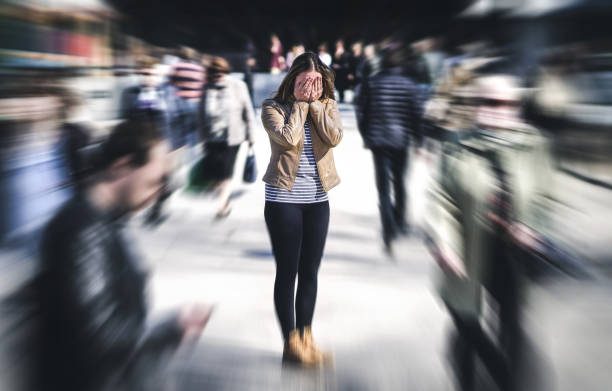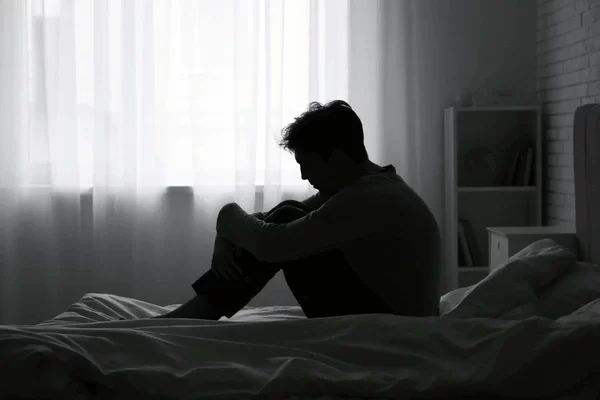1. What is anxiety and when does it become a disorder?
Anxiety is a mental and physical response to perceived danger. It becomes a disorder when it occurs frequently, feels intense, lasts longer than expected, and interferes with work, relationships, or daily routines. In such cases, seeking help from a psychiatrist is advised.
2. What are the most common symptoms of anxiety?
Symptoms of anxiety can be both physical and emotional. These include a racing heartbeat, chest tightness, shortness of breath, trembling, nausea, and dizziness. Emotional symptoms often involve excessive worry, restlessness, irritability, difficulty concentrating, and trouble sleeping.
3. Is anxiety a sign of weakness or overthinking?
Absolutely not. Anxiety disorders result from imbalances in brain chemicals and are influenced by genetics and the environment. They are medical conditions, not personality flaws. Just like diabetes or high blood pressure, anxiety deserves treatment from a qualified psychiatrist.
4. What is the difference between fear and anxiety?
Fear is a reaction to an immediate threat, while anxiety is a response to a vague or future threat. For example, hearing a loud explosion may cause fear, but worrying constantly about what might happen in the future is anxiety. Both are valid responses, but chronic anxiety often needs intervention from a professional.
5. Can anxiety cause physical symptoms like stomach issues or chest pain?
Yes, many people experience physical symptoms like stomach cramps, nausea, bloating, or chest discomfort. These are part of the body’s stress response. If you’ve had repeated doctor visits with no clear diagnosis, consider seeing a psychiatrist to explore an anxiety-related cause.
6. How is a panic attack or anxiety attack different from a heart attack?
Panic attacks and heart attacks share symptoms like chest pain and shortness of breath. However, panic attacks peak quickly and involve intense fear without physical damage to the heart. A heart attack causes actual harm and usually occurs with exertion. When in doubt, always get medical clearance—then consult a psychiatrist if no physical cause is found.
7. What are the medical causes that can mimic an anxiety attack?
Certain medical conditions can look like panic attacks like hyperthyroidism, cardiac arrhythmias, low blood sugar, asthma, and even some neurological conditions like seizures. Excessive caffeine or drug use can also cause similar symptoms. A psychiatrist may collaborate with other doctors to rule these out before diagnosing anxiety.
8. Who is more likely to experience anxiety disorders?
Anxiety can affect anyone, but is more common in women and young adults. Studies show that up to one in four people experience an anxiety disorder at some point. High achievers, caregivers, and people under chronic stress are often more vulnerable.
9. Are anxiety disorders common in Nepalese society?
Yes, anxiety disorders are among the most common mental health problems worldwide. They are often underdiagnosed due to stigma and a lack of awareness. In clinical practice, I frequently encounter patients who have struggled with symptoms for years before seeking help.
10. How is anxiety treated?
Anxiety is highly treatable. Treatment options include cognitive behavioral therapy (CBT), medications like antidepressants or anxiolytics, and stress-reducing techniques such as breathing exercises, mindfulness, and yoga.
11. Do I need to take medication if I have anxiety?
Not always. Many people respond well to therapy alone. However, if symptoms are severe or therapy alone isn’t effective, medications may be recommended. A psychiatrist will assess your condition and explain all treatment options to help you decide what’s best.
12. Can lifestyle changes really help with anxiety?
Absolutely. Regular physical activity, good sleep hygiene, avoiding caffeine and alcohol, and practicing mindfulness can all help manage anxiety. These are often used alongside therapy or medications for better results. But if these measures are not working well, there is a high likelihood that you may need medications.


